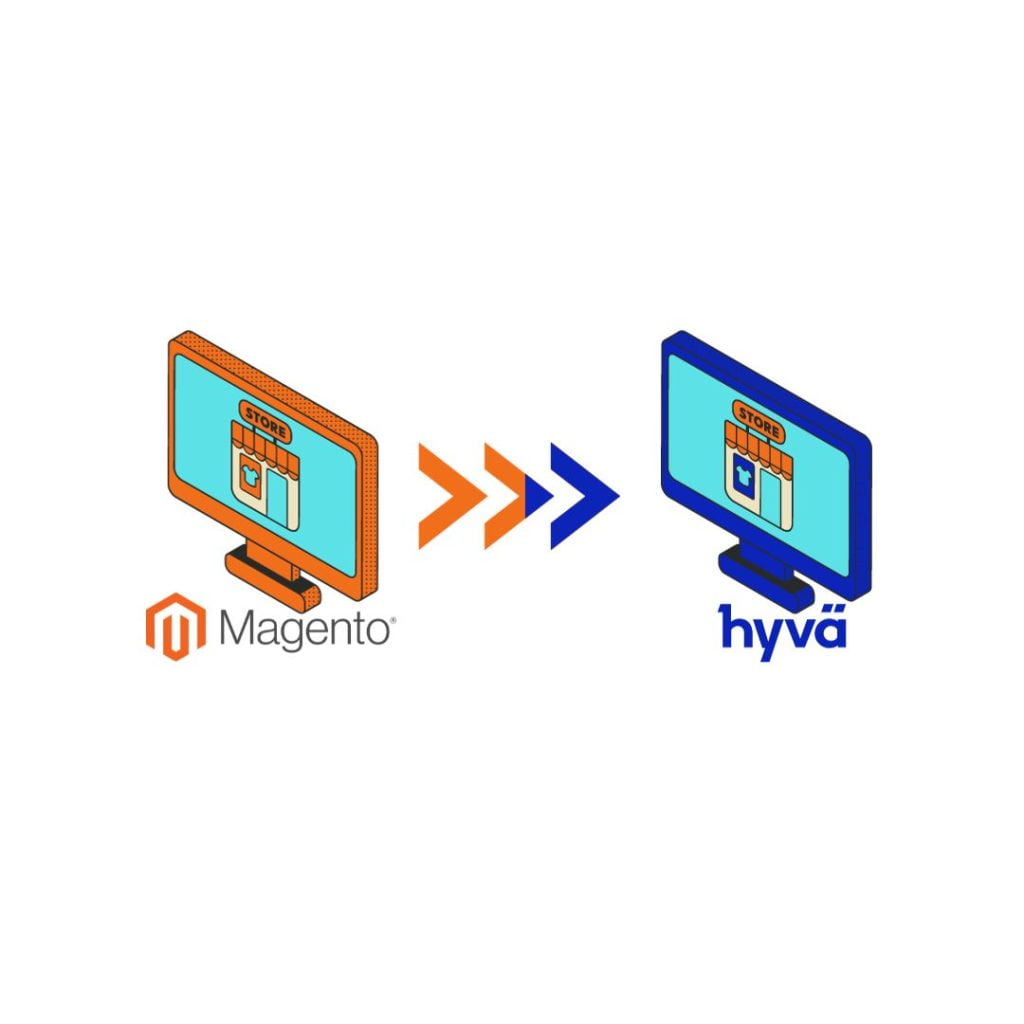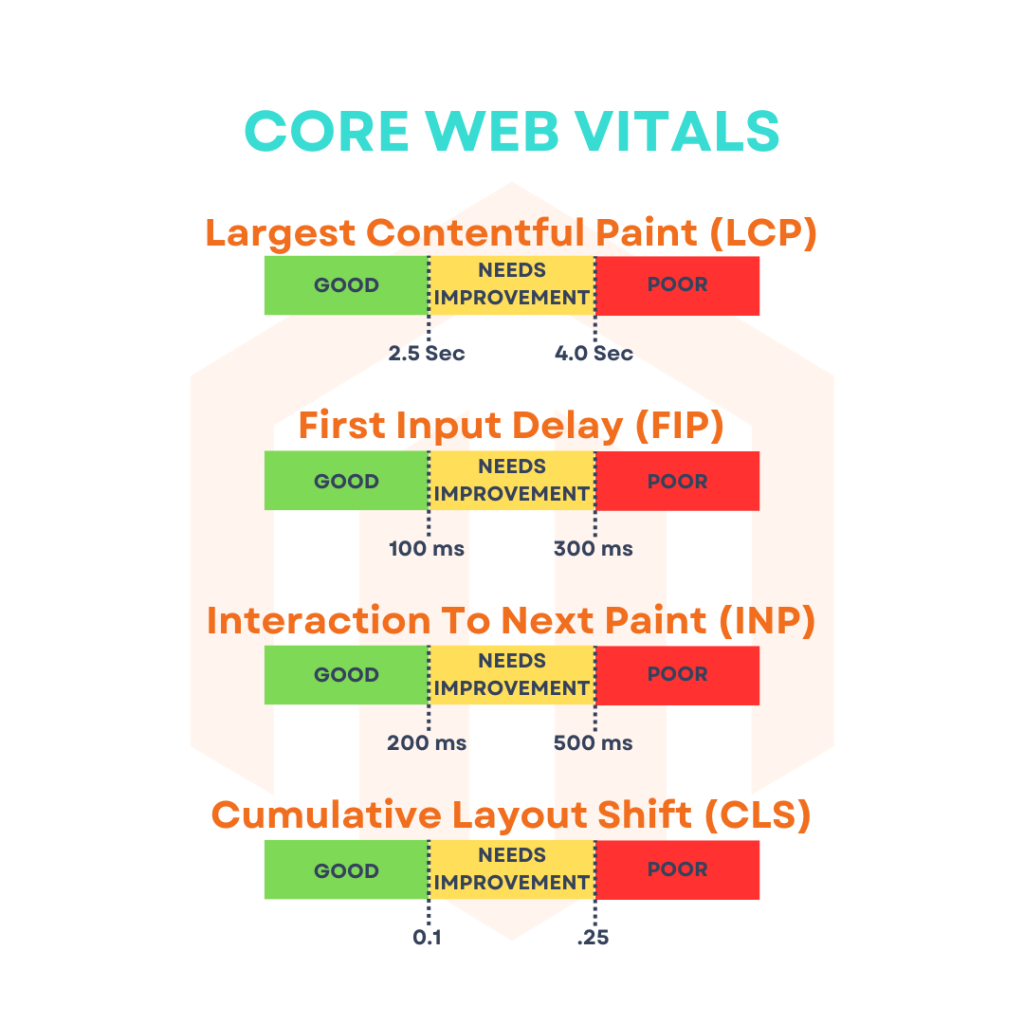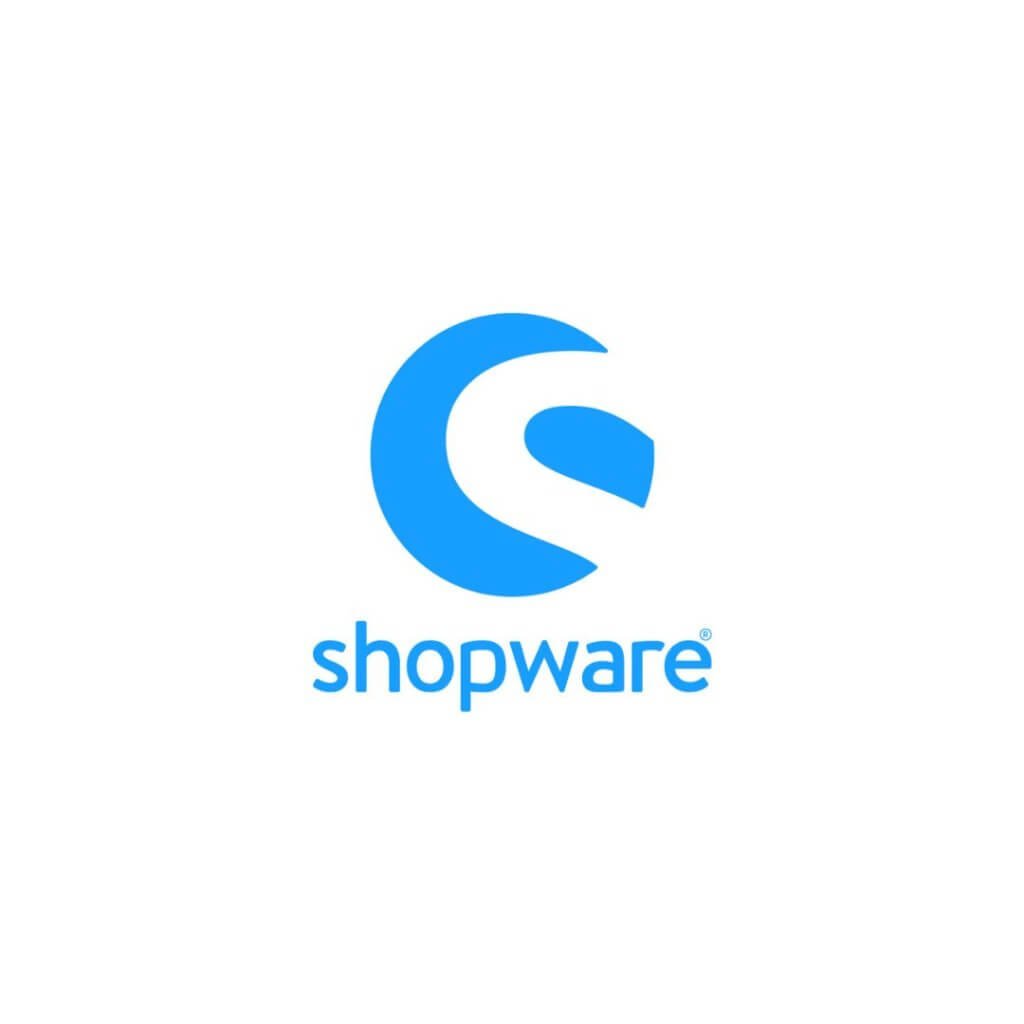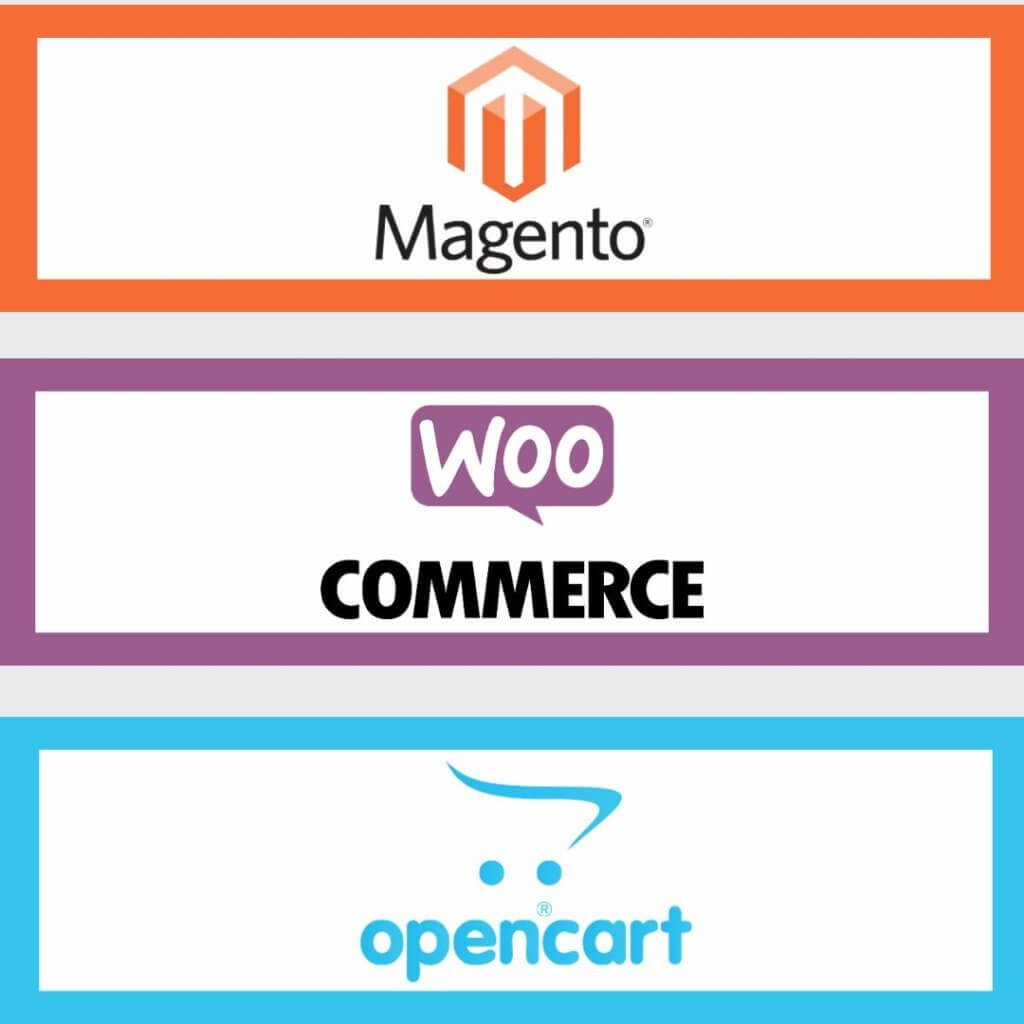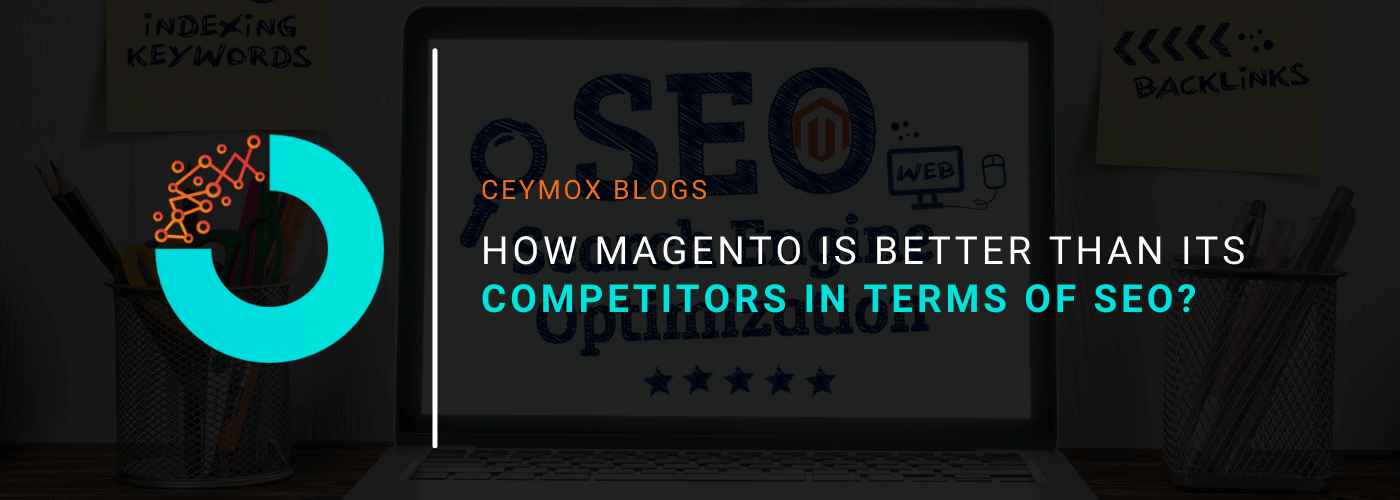
The e-commerce industry is gaining new heights every day and creating a new threshold. After the coronavirus pandemic, it has seen a huge surge as a lot of people went online to buy their necessary items by ensuring social distancing. No time will be better than this to take your traditional business online. However, it is also necessary to choose the right e-commerce development platform for developing your e-commerce site. While deciding the perfect e-commerce development for our site, we go through many factors, and one such factor is SEO Friendly. There are plenty of tools available that boasts of their SEO friendly nature but we find that Magento is the truly SEO friendly e-commerce development platform.
Magento is having huge popularity and a major share in the e-commerce market. Magento is not just easy for us but also scores over the competing applications/platforms owing to its robust SEO-friendly measures.
How Magento is better than its rivals in SEO?
Almost every e-commerce development platform or framework comes with some inbuilt SEO features. Without SEO deployment, your site will get lost in the pool of similar sites on the web. You will not be able to get traffic on your store and thus there will be no sales on your site. An SEO-friendly platform will help you to get traffic on your site and increase sales. Magento is the best option in this regard. Here are the best SEO friendly features of Magento which makes it the best among all the e-commerce development platforms in terms of SEO-friendly.
1. Product Fields Auto-Generation:
Meta titles and the HI tag are amongst the major SEO elements for any website. In Magento, the user gets the benefit of Product Fields Auto-Generation. This helps in generating product meta-texts with the product attributes.
2. Category Page Optimization:
Generally, in every e-commerce store, the products are displayed in various categories and also in subgroups. By these categories, the customers can easily access the products. To effectively optimize your category page, you must set the Canonical URLs in the proper manner. You have to look out for duplication as it makes your site look less professional. Magento comes with a layered navigation feature which ensures that the visitors can easily navigate and find the right products without any hassle. The users can also use drop-down filters to tweak search results.
3. Sitemap enhancements:
A sitemap is a page that contains the complete map of a website. In the latest versions of Magento, the default XML sitemaps have been improved a lot. An XML sitemap is a file containing a list of URLs that the search engines like Yahoo, Bing, and Google crawl. These XML sitemaps also have attributes that give some extra information to the search engine crawlers about the URLs of the pages. If your e-commerce store is having a well-designed sitemap, the search engine can quickly locate the pages of your website. In short, Magento offers an effective way for boosting the online visibility of your store.
4. Schemas:
Magento 2 comes with a huge range of tools for structured markup data optimization. You can use these tools for mark up products, reviews, events and menu items so popular search engines including Google can retrieve this data and show it in an advanced way. The pages of your store will stand out in online search results. You can use attributes such as currency, rating stars, and price. This feature is activated by default and that is probably the best thing.
5. Independent navigation links:
Basically, navigation links are the common text hyperlinks that you see on the product pages of an e-commerce store. Most of the e-commerce development platforms generate these links with automation in accordance with the product category and name. However, in some tools, it is quite hassling to change these tools. But in Magento, users have absolute control over the navigation links. It is bliss in regards to SEO perspective.
6. Independent Page Titles:
You must have noticed the texts appear on the top of the browser, and these are the Page titles. The page titles are quite useful; the users can save them as bookmarks. Magento let the users make independent page titles for all the site pages.
7. Customizable H1 Tags:
There is no doubt in the fact that on any page of a site H1 Tag is the most visually notable content. Thus, SEO experts and digital marketing experts give utmost attention to it. So, it can be hard when you find H1 tags for your pages are auto-generated, and they can’t be changed easily. But this is not the case with Magento, it allows for H1 tag customization.
8. Integrated Content Pages:
In SEO, the link quality along with their number is highly important. However, the development platform also plays a role (to a certain extent) in getting quality links to your site. In Magento, it is easy to use engaging and shareable content and this helps in attracting useful backlinks.
9. Faster Load Times:
The speed of the website is not just limited to the user experience of the website but also plays an important role in the SEO of your store. In today’s time when almost every customer is having access to a super-fast internet connection, they hate the slow loading websites, whether they are using PCs or smartphones. Studies have shown that if your site takes more than 3 seconds to load then you can lose more than 50% of your potential customers. The search engine too gives importance to speed. It is easy for the search engine crawlers to crawl those web pages which can quickly load and hence optimize the rank in SERPs.
The Magento inbuilt settings help in accelerating the speed of the website. These settings are available under configuration. Apart from these customizations, the architecture of Magento has been built to cope with sudden traffic surges and manage traffic better than other platforms. That is the reason why many prominent companies use Magento for their online presence.
Although Magento is an SEO-friendly platform, following some steps can help to achieve better.
10. Latest Version Update:
Magento is consistent in releasing its upgraded version with new features, fixing existing bugs, improving security and performance and much more. Upgrading Magento versions also leads to a better SEO.
11. Performing content optimization:
For gaining a better ranking of your e-commerce site in SERPs, it is necessary to optimize the content in accordance with the best practices, latest keywords and much more. This includes every type of content, including dynamic content, images, etc. Product images optimization and giving them alt tags make SEO better.
12. Check content duplication:
Google and other search engines abhor duplicate content on any website. It will not just downrank your website but can also make you face any obligations. Make sure you use unique content for your site every time. There are also many Plagiarism checking tools available online which you can use to find the duplicity of the content.
13. Hiring the right Magento Development Company:
A reputed and experienced Magento development company like us ensures the smooth working of your store and upgrades it to the best and latest versions. We are having highly experienced and certified Magento developers who can fix any issue of your website and check the SEO issues of your website. We are having expertise in upgrading your Magento store to the latest version, creating new extensions, developing new features and functionalities, developing a Magento store from scratch, and much more. Let us know your requirements.
 Hubspot SEO Certified |  Hubspot SEO II Certified |  Google Ads Search Certified |  Google Analytics Certified |
Sreehari N Kartha is a skilled Digital Marketing Analyst at Ceymox, certified in SEO. His expertise encompasses a wide range of digital marketing strategies, including managing advertising campaigns on platforms like Google Ads, Facebook Ads, Instagram Ads, WhatsApp Ads, and LinkedIn Ads. With a strong foundation in SEO and SMM, Sreehari is adept at optimizing online visibility, driving engagement, and generating qualified leads and conversions. His passion for emerging technologies, such as Crypto, NFTs, and Web3, further complements his skillset, enabling him to navigate the dynamic digital landscape.
View All Articles


